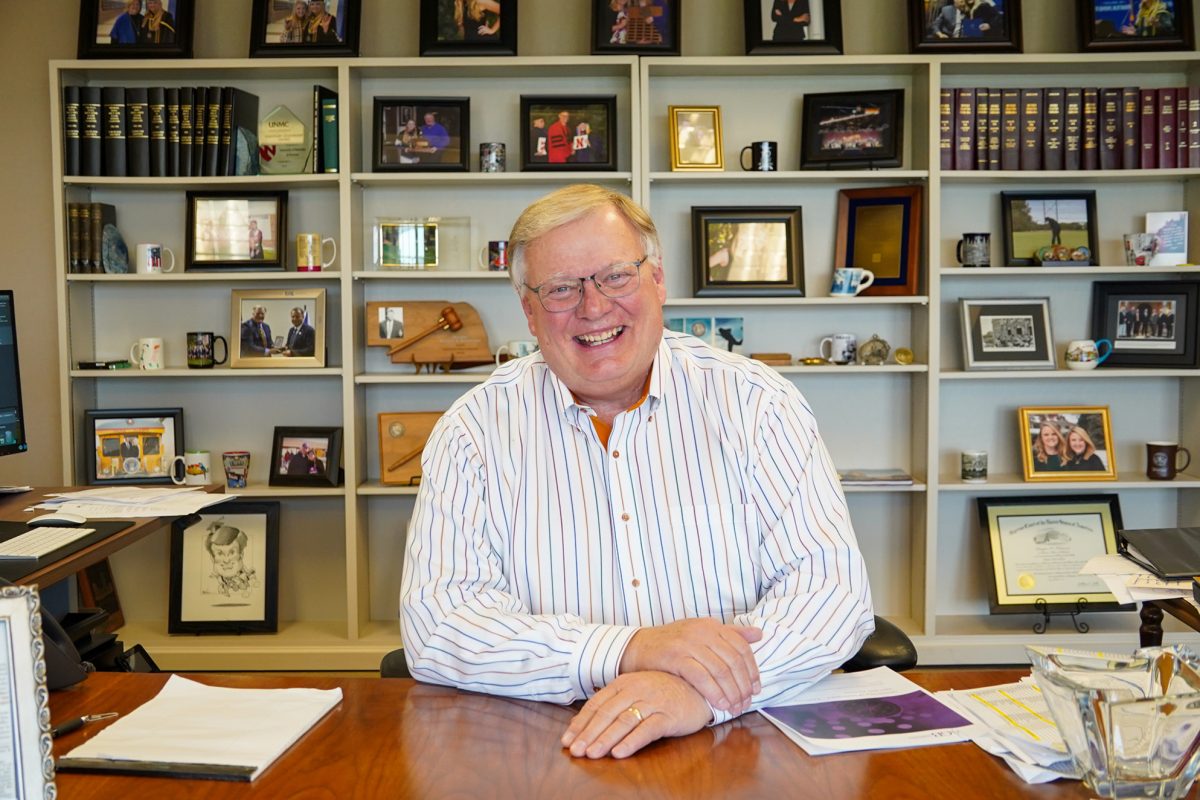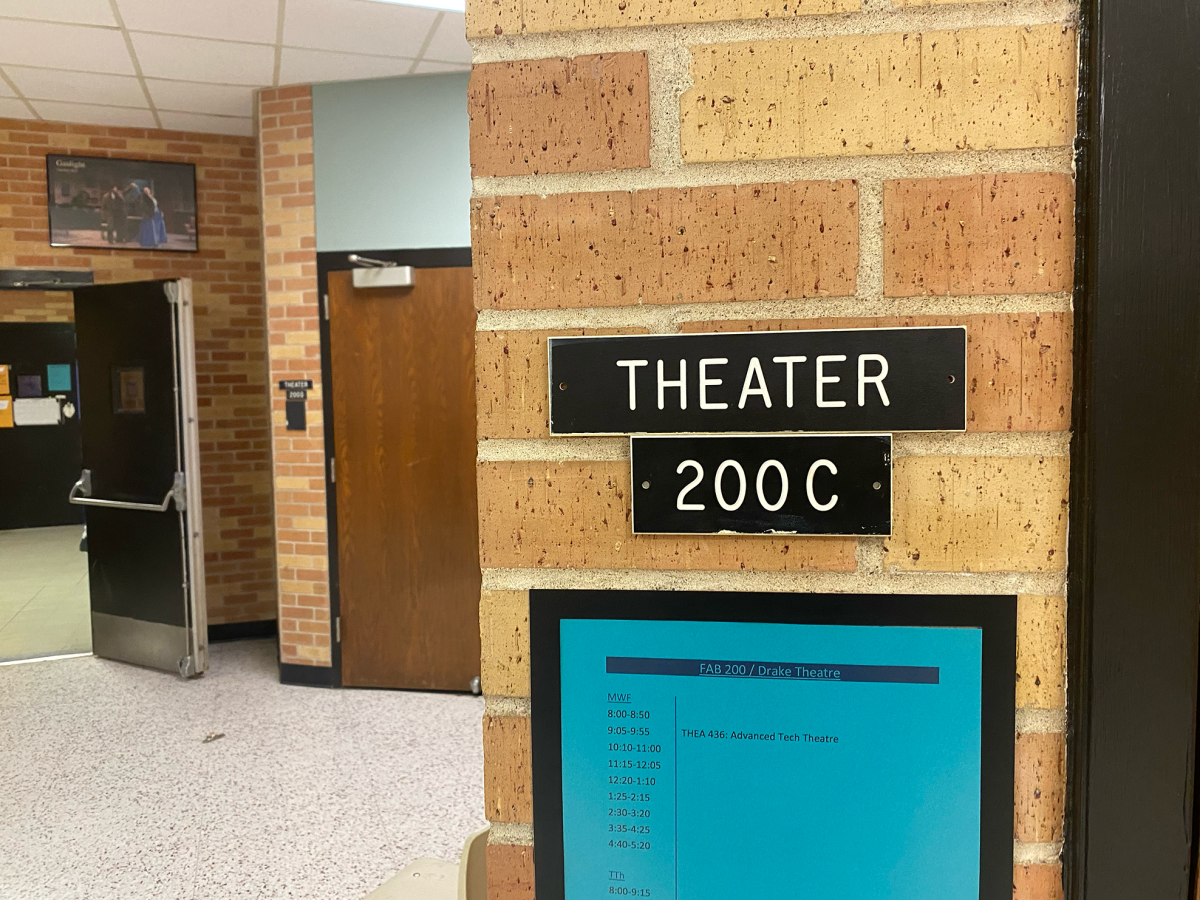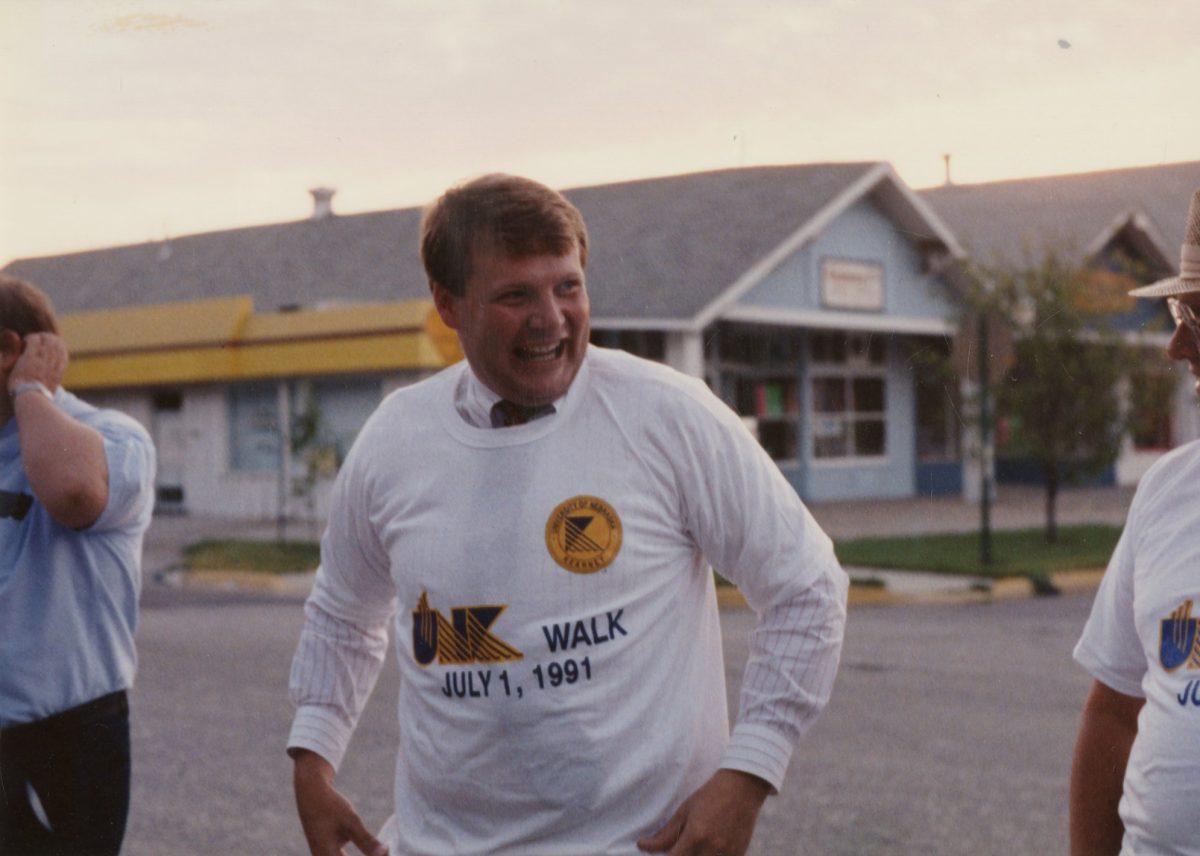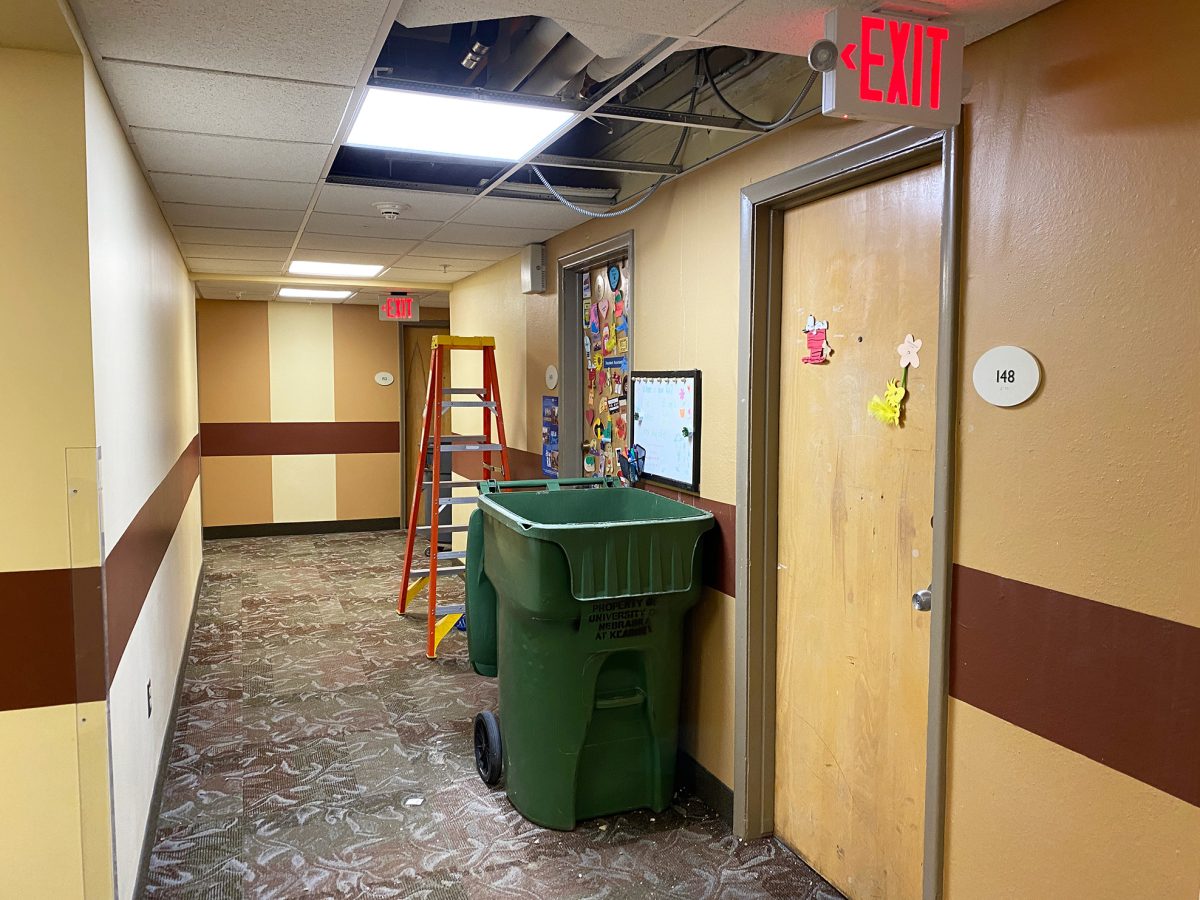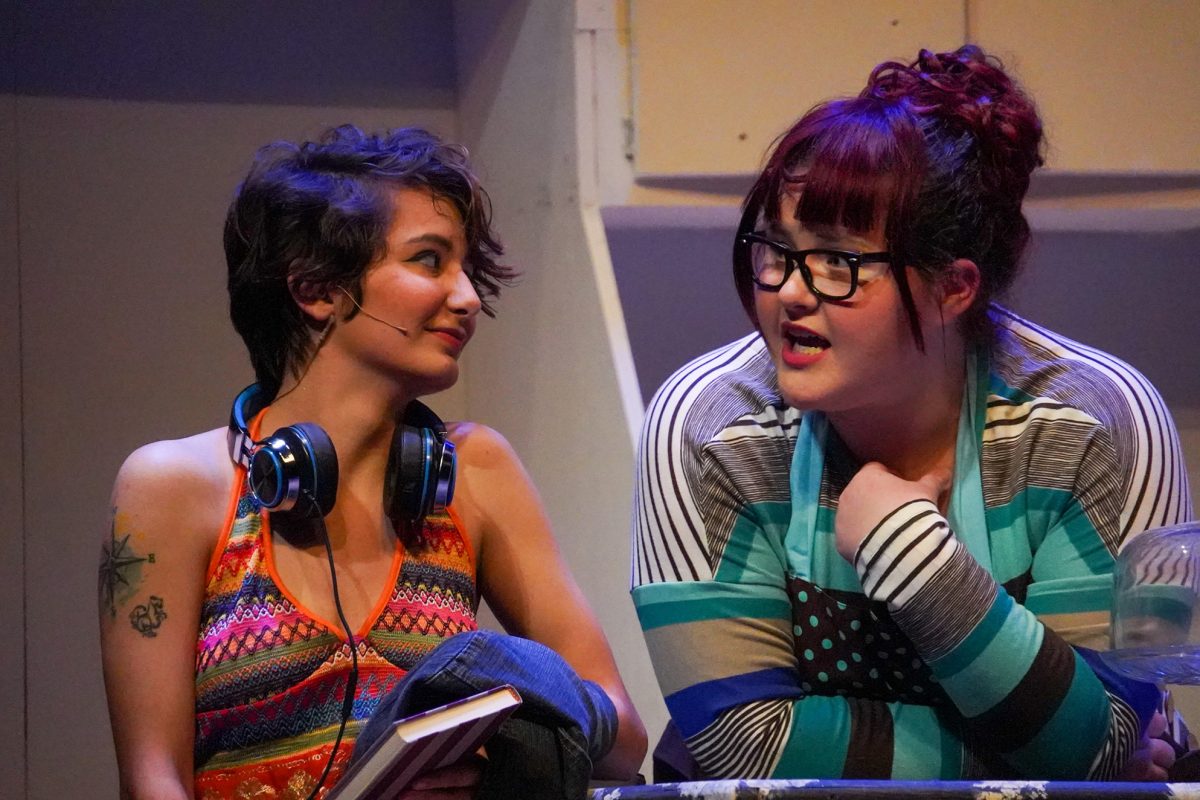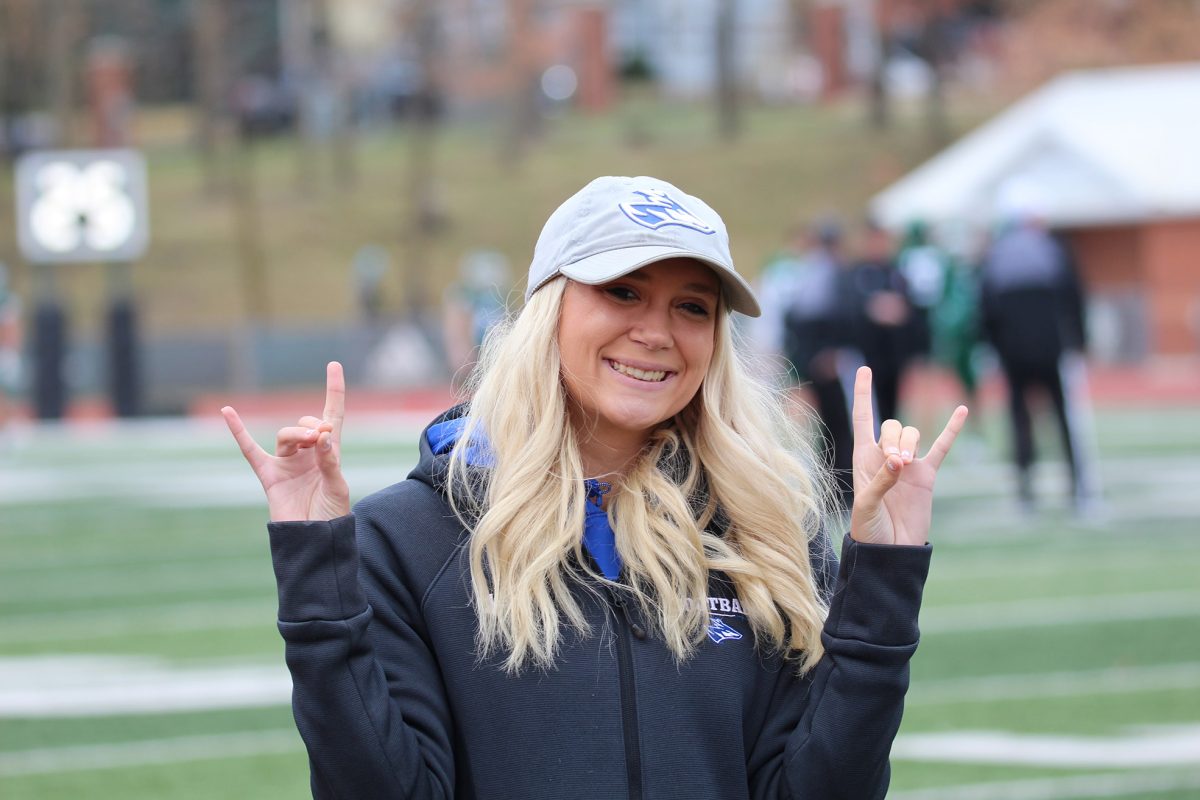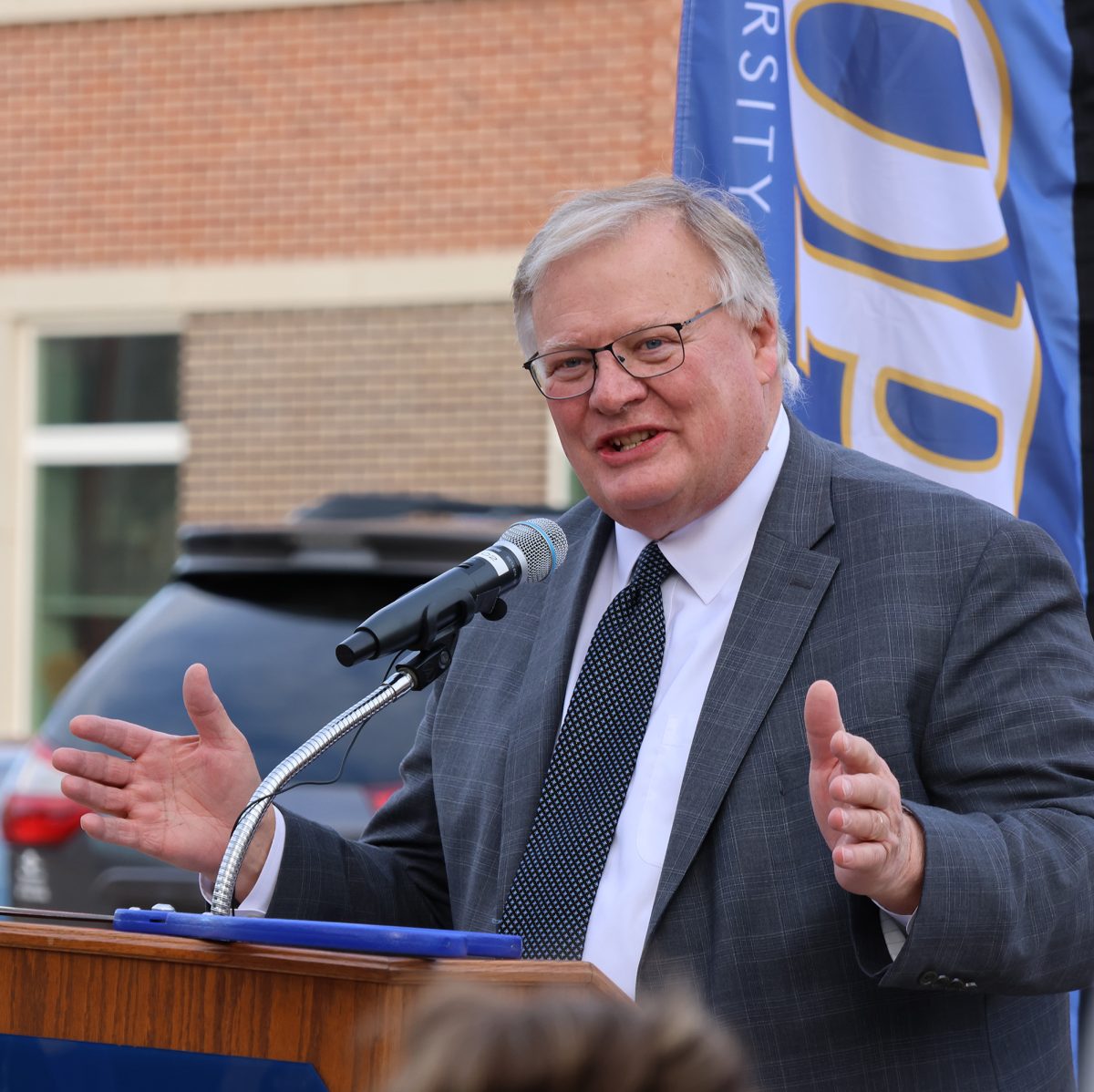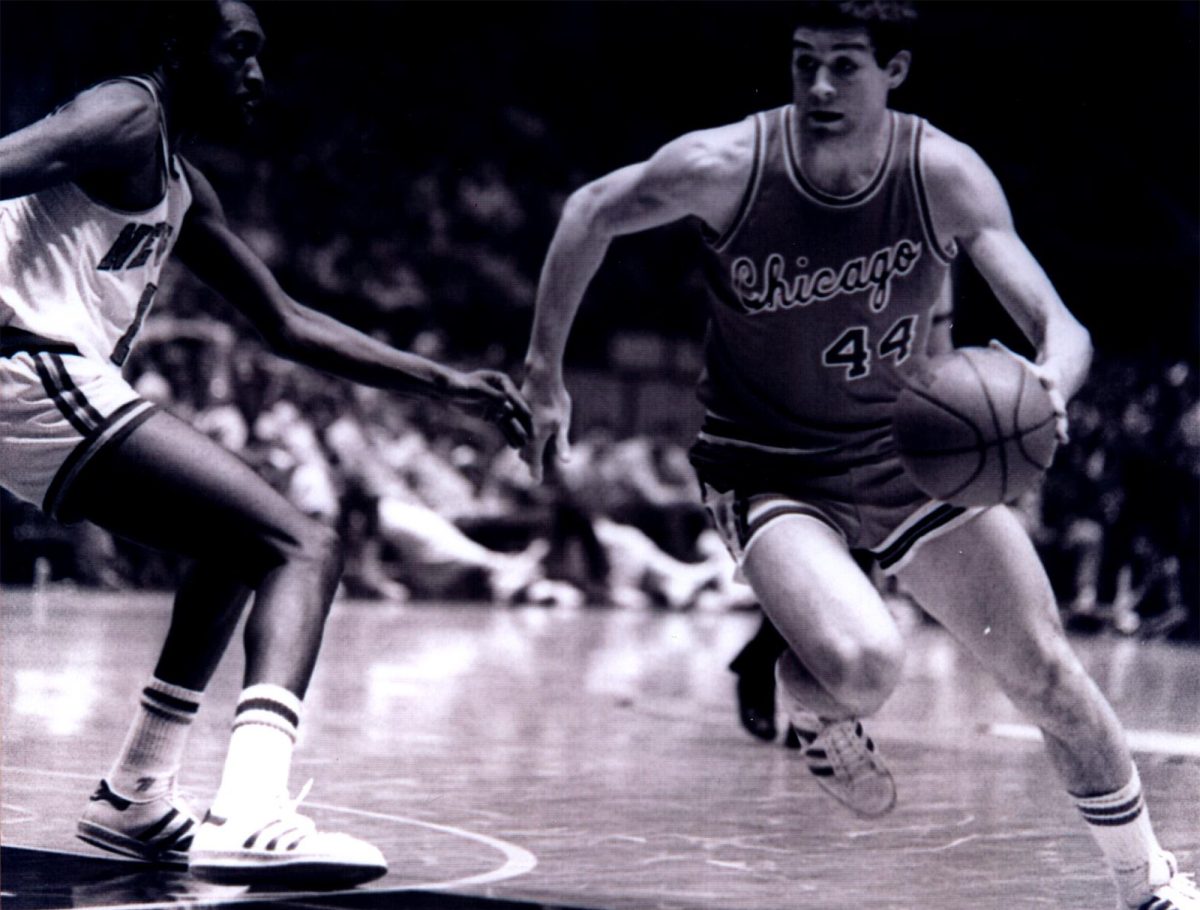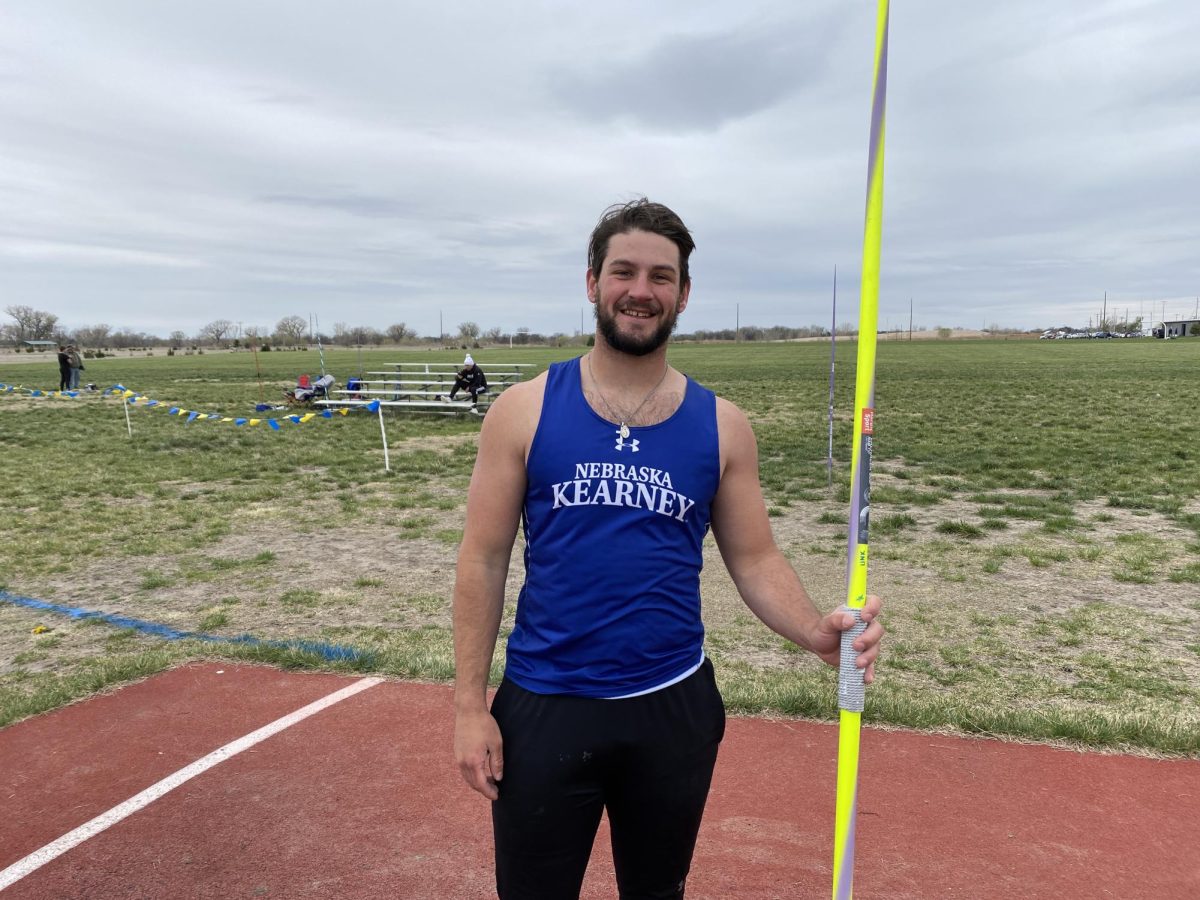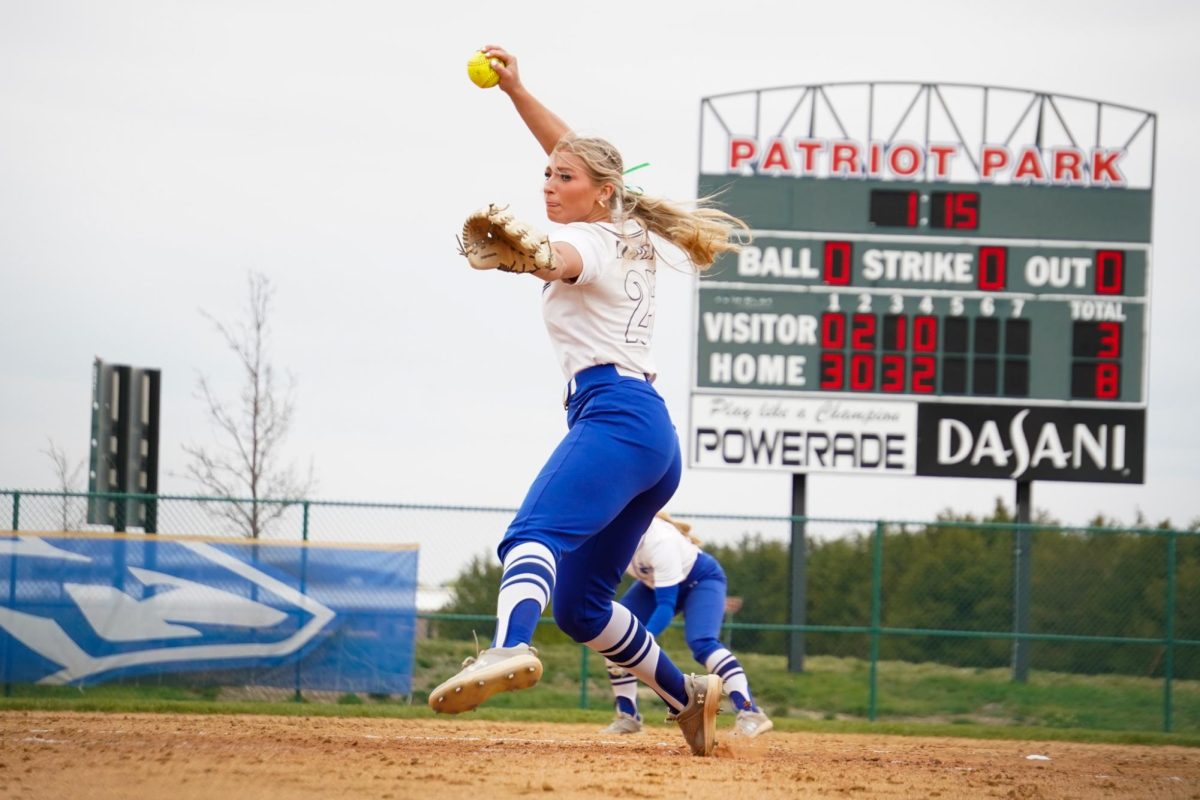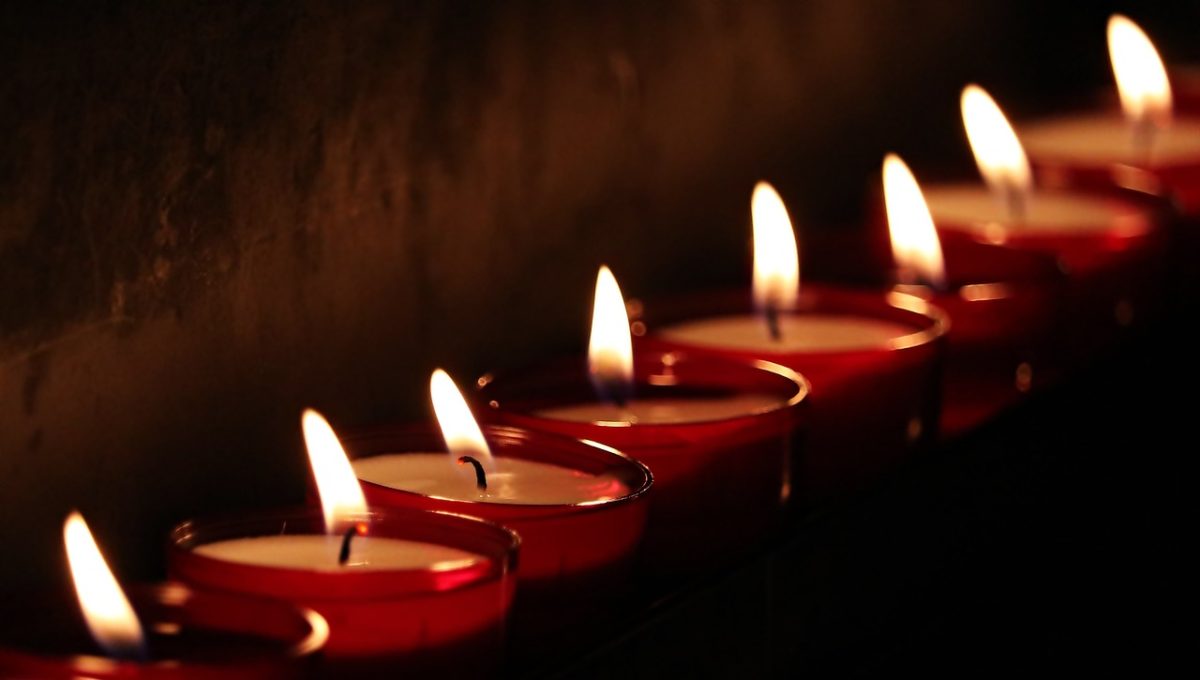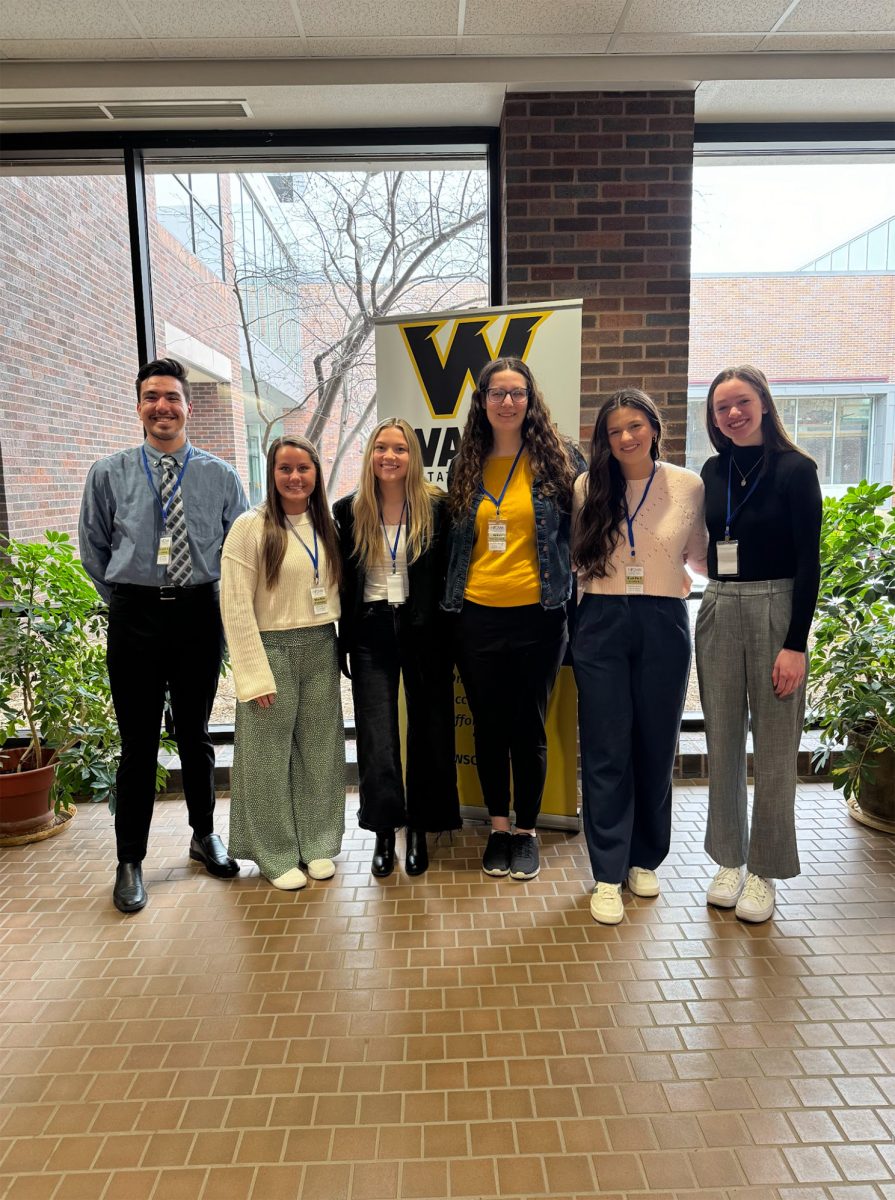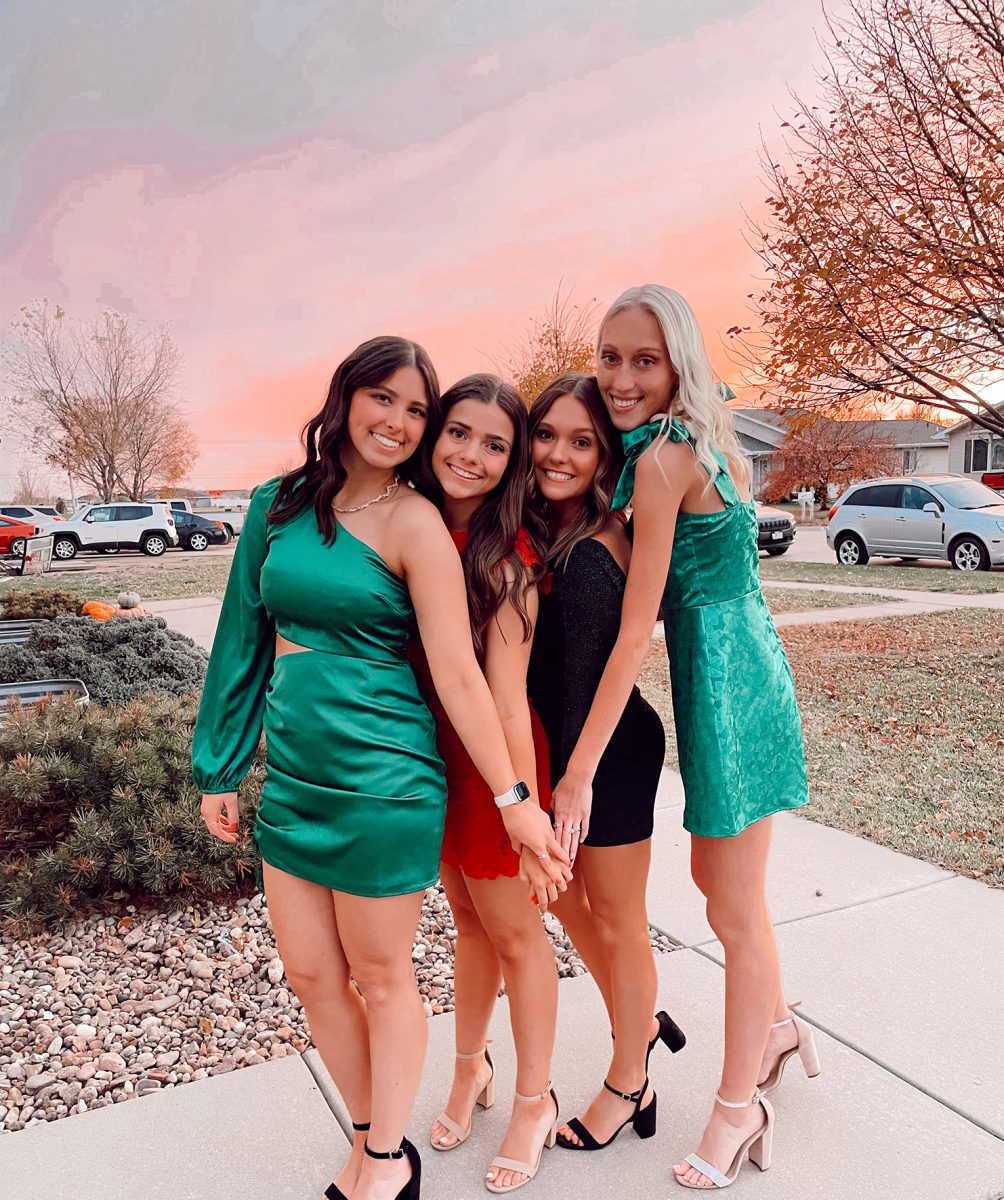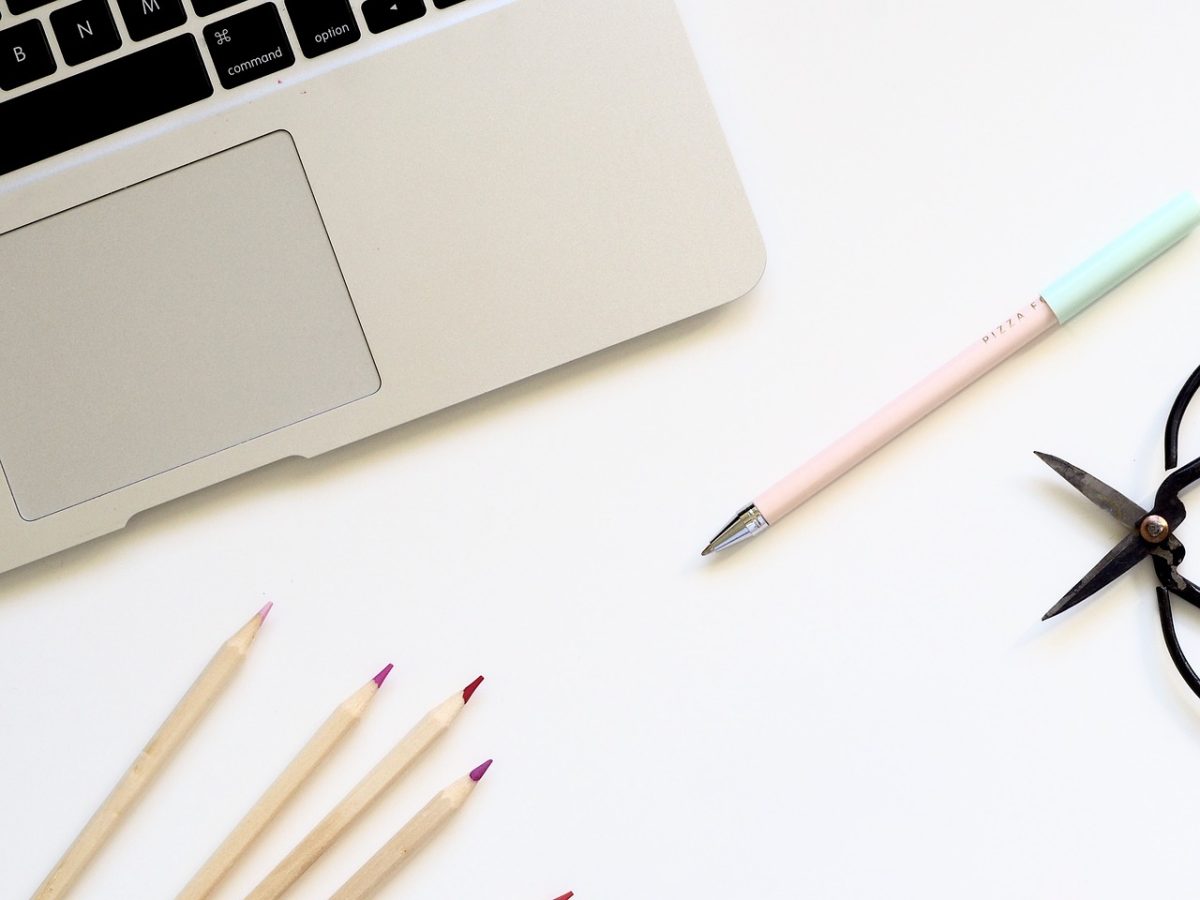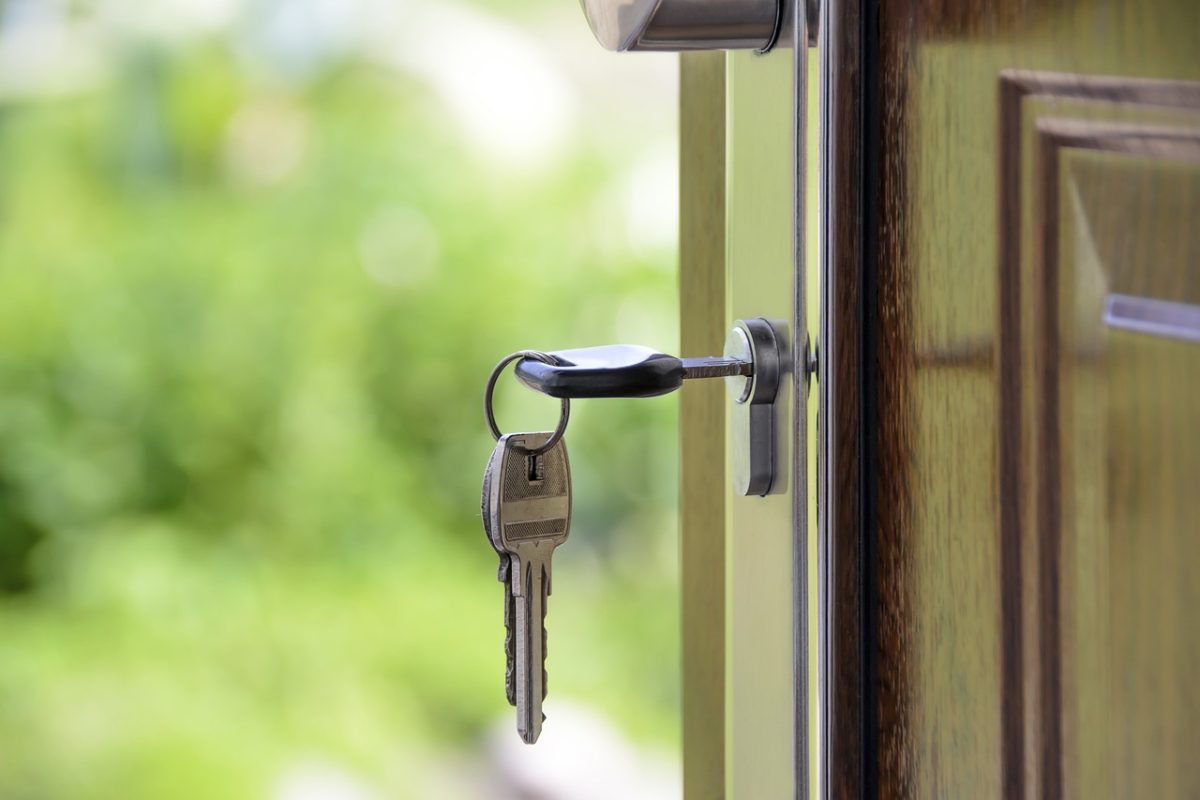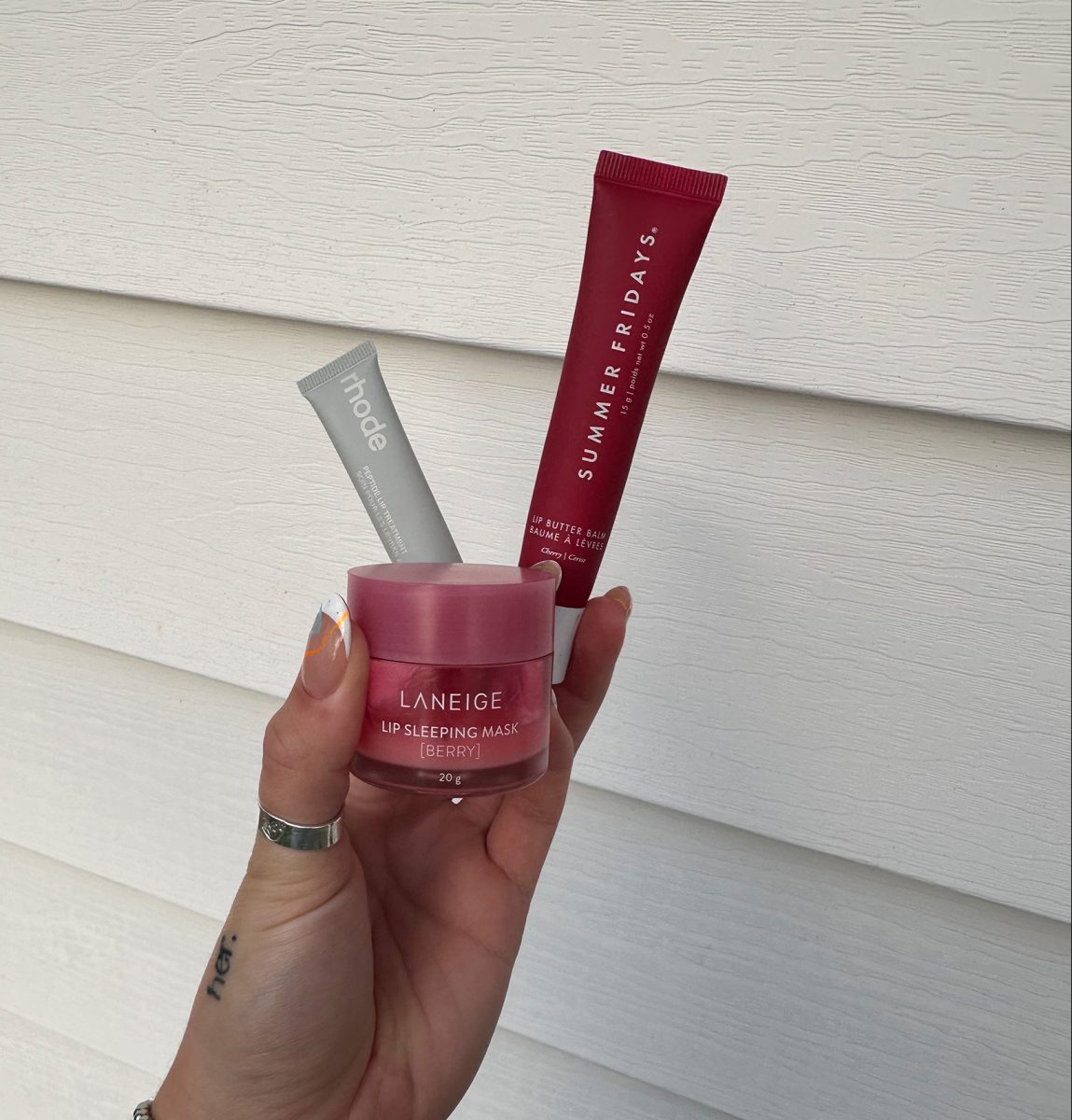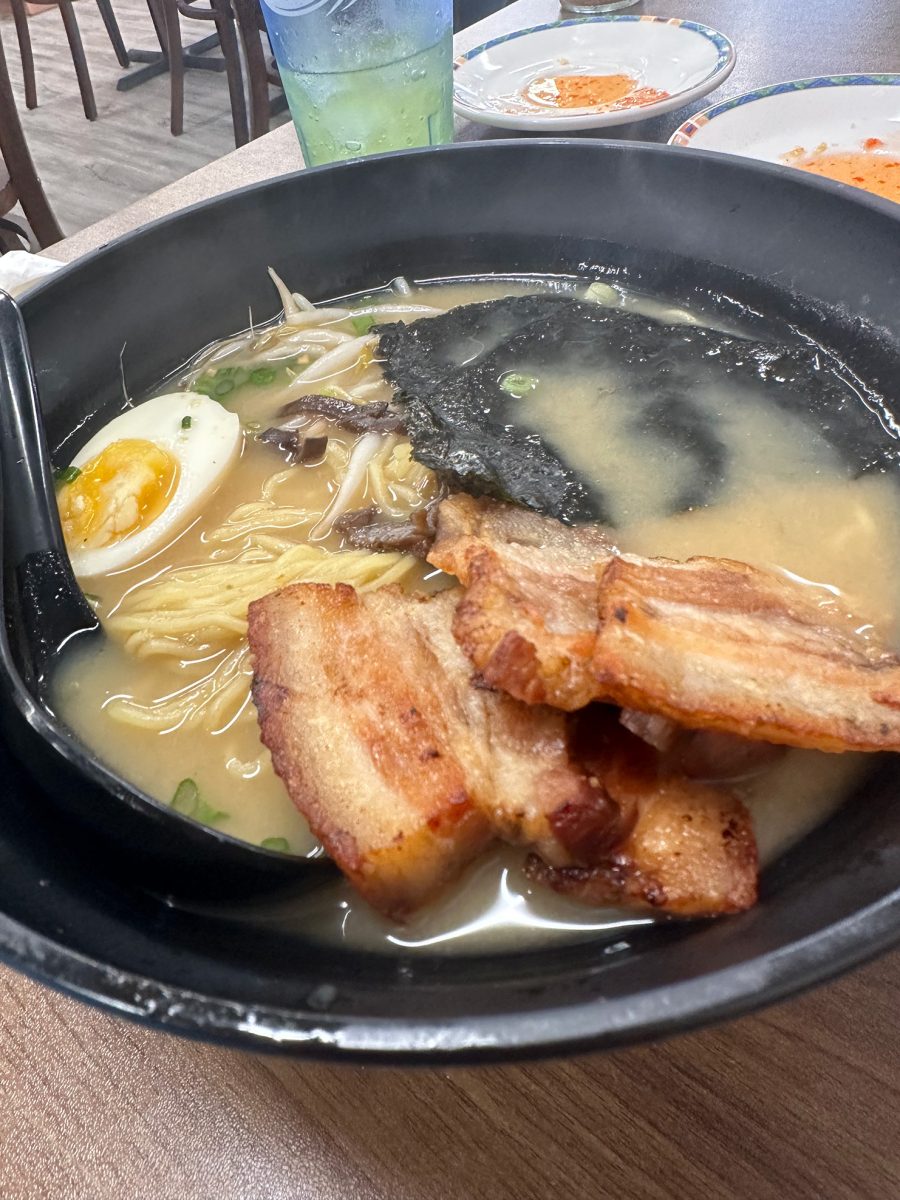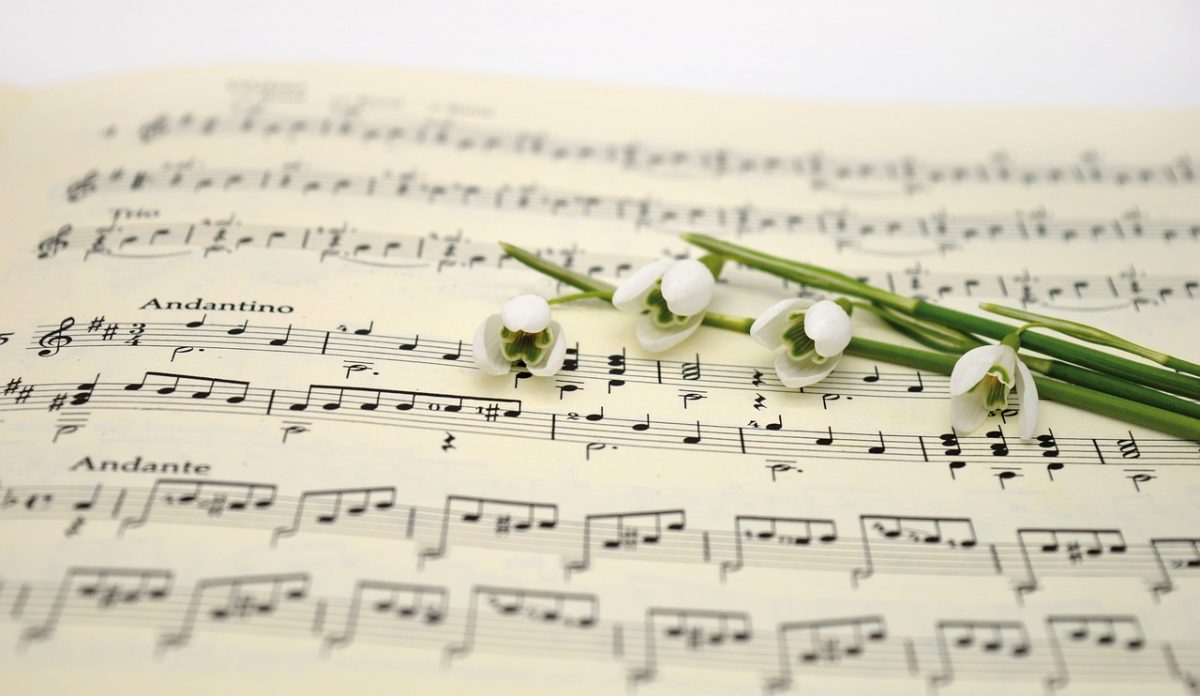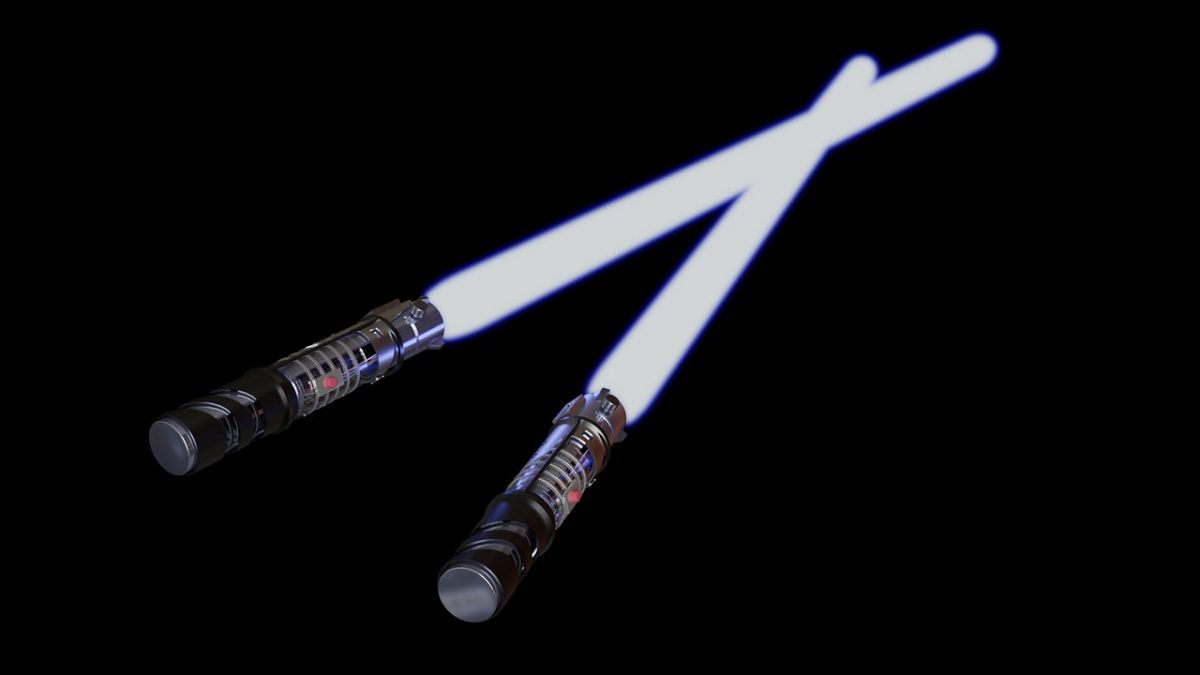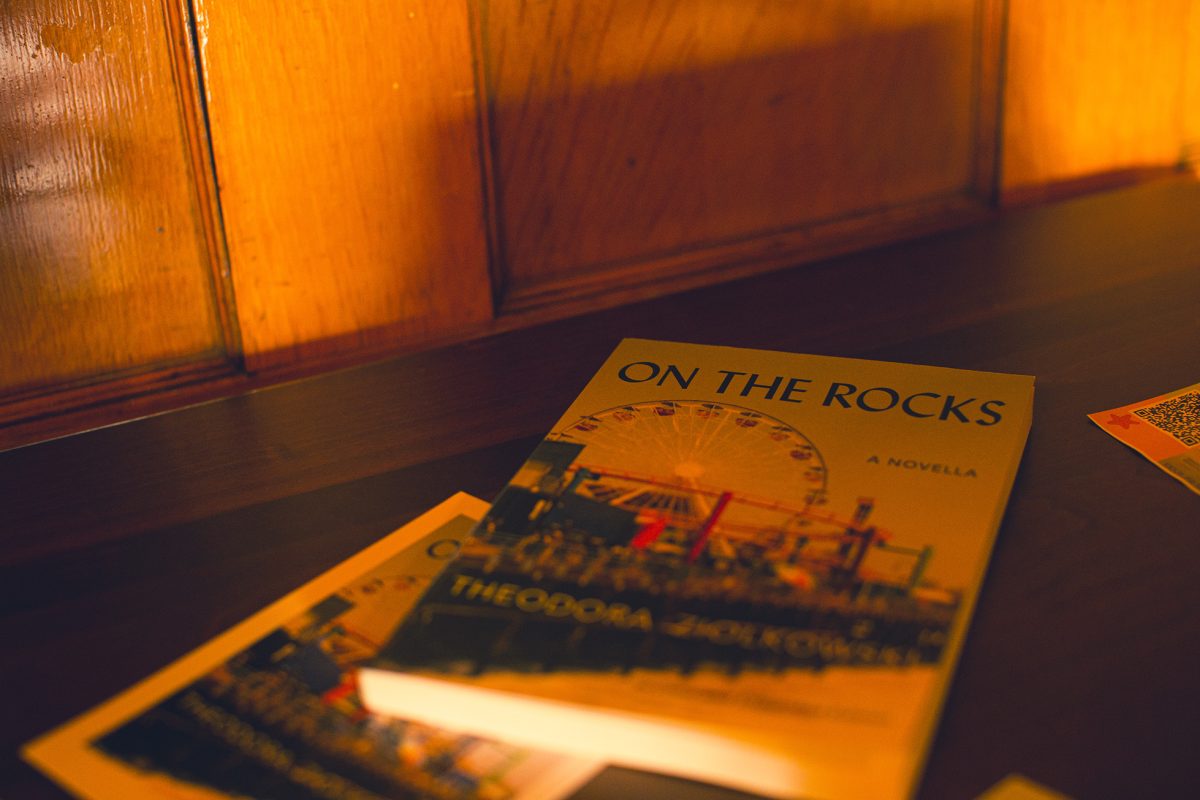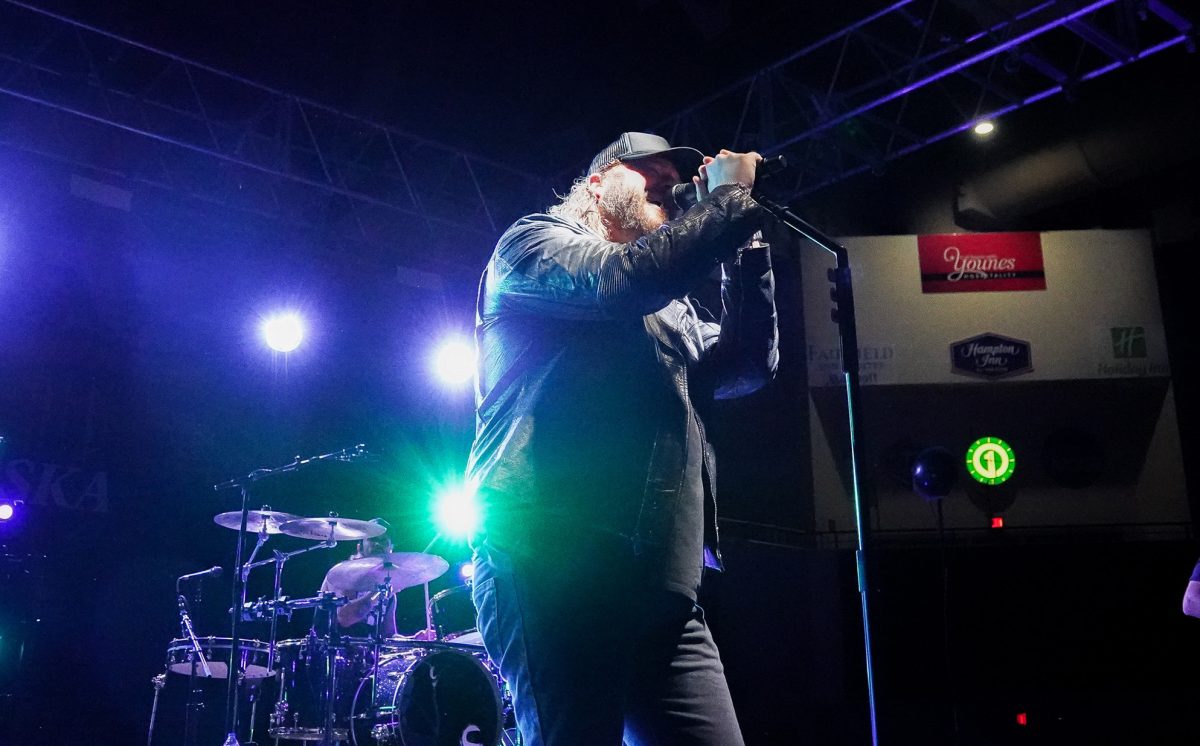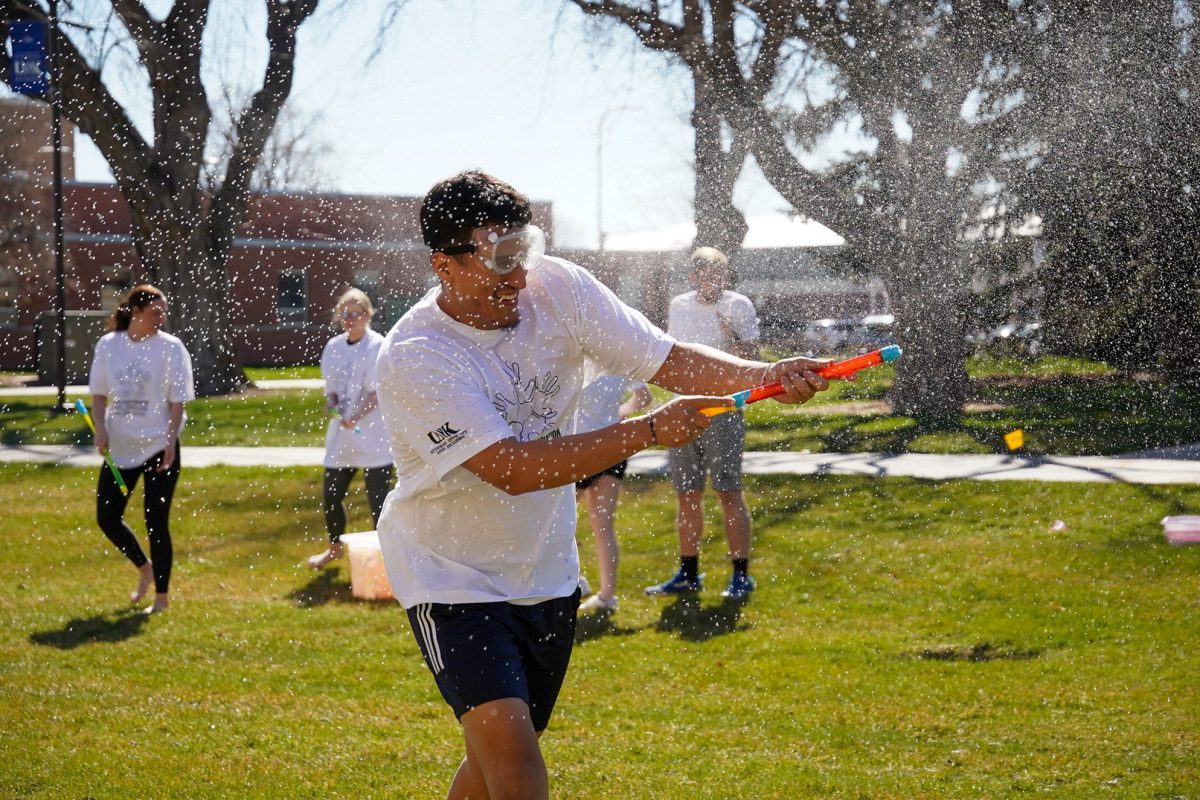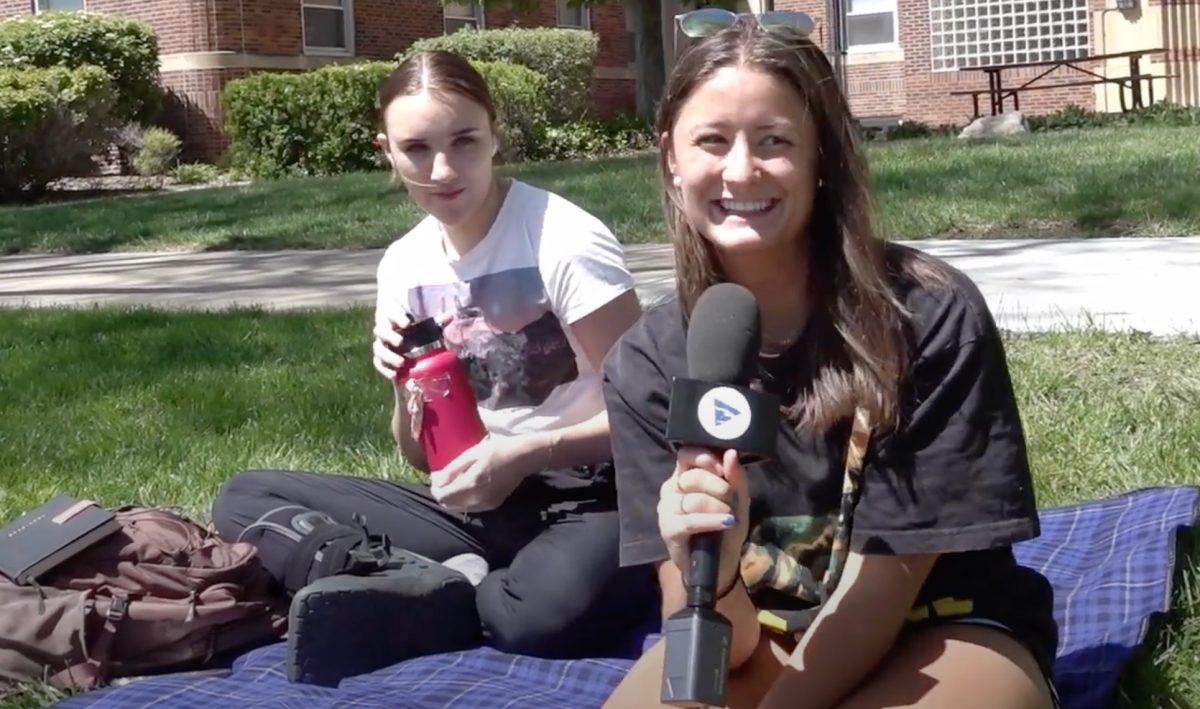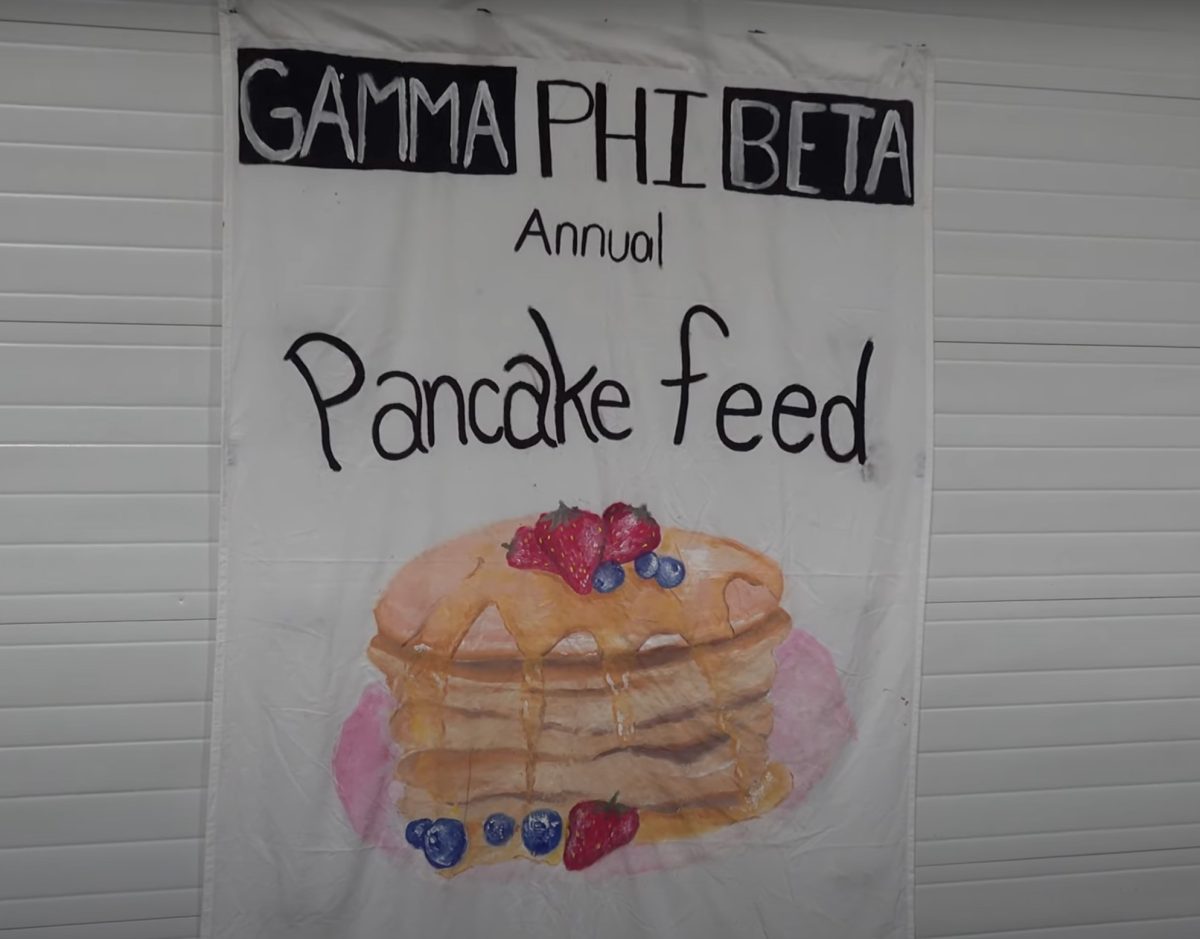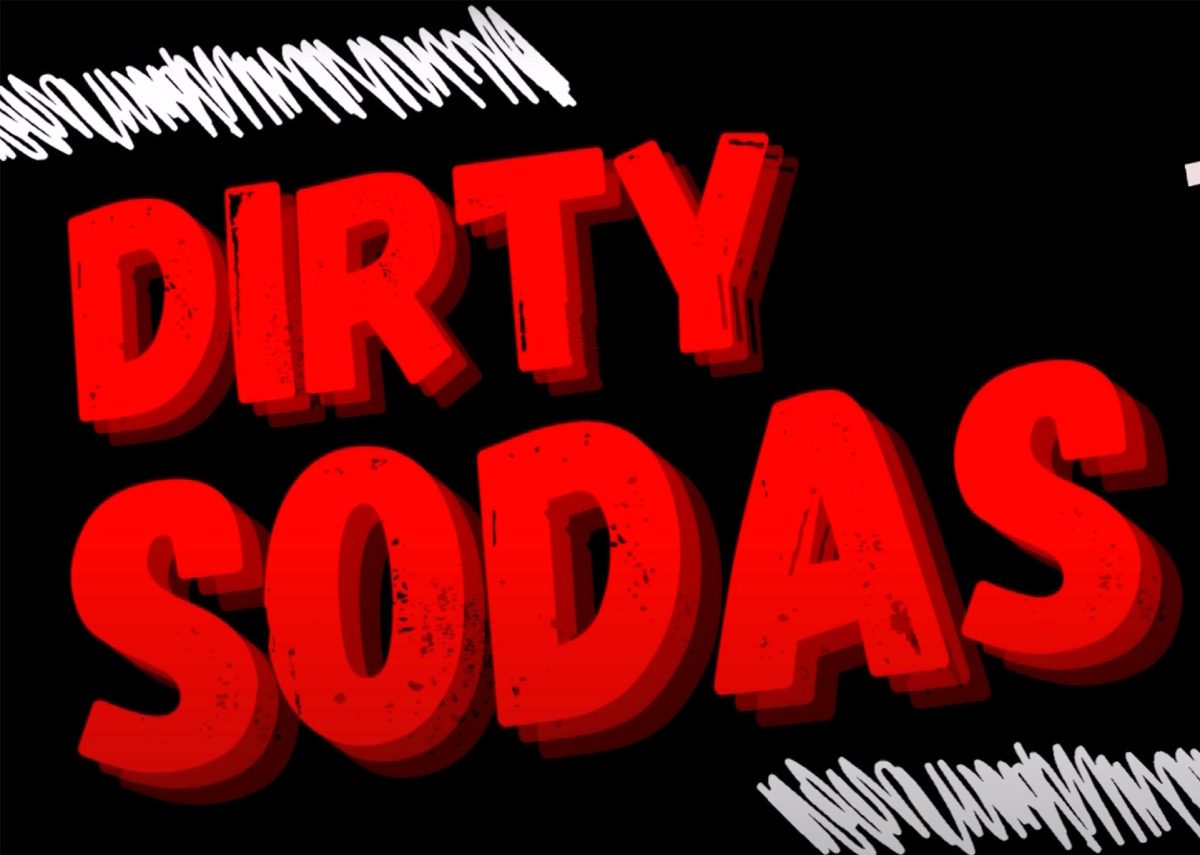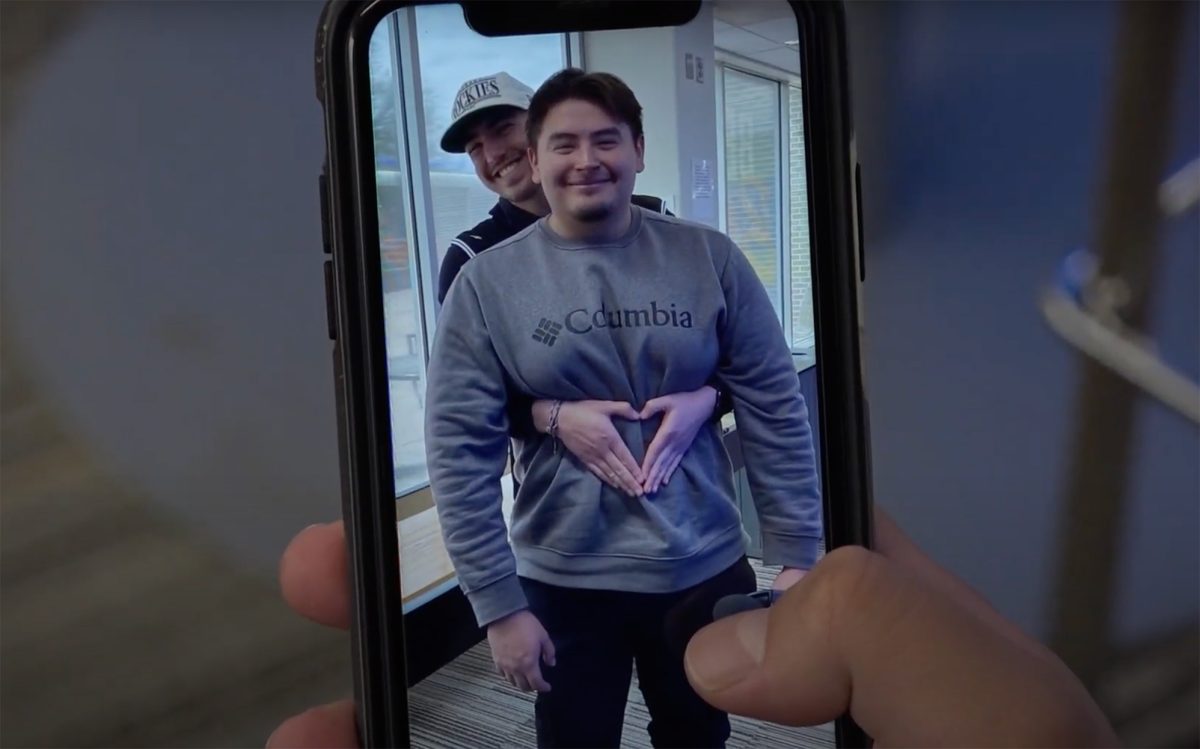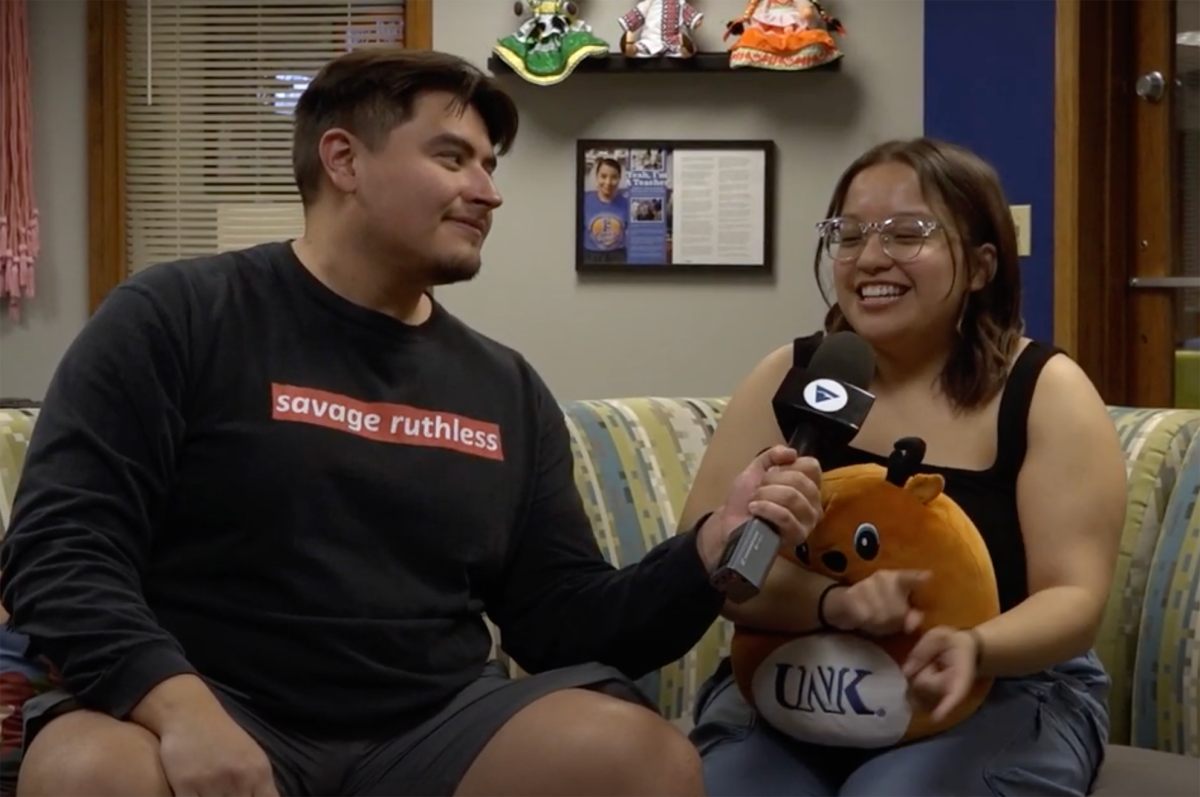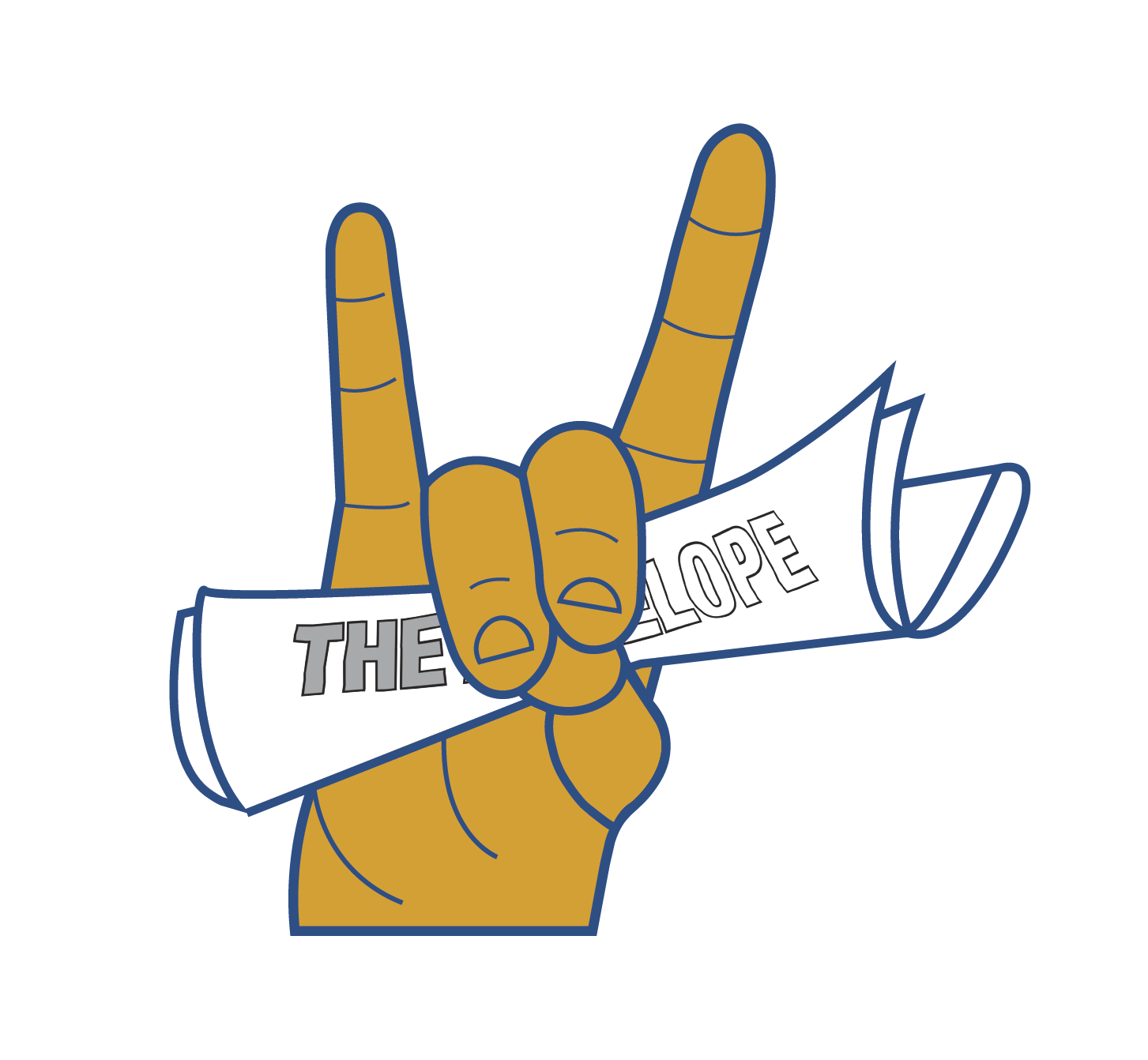COVID-19 was once a problem in a land far, far away.
Before each class, my global media literacy professor asked for us to find and discuss a news article. I skimmed past the articles about a new virus in China because I avoided hard news whenever I could as a freshman.
Each classmate gave quick rundowns of articles they probably Googled 15 minutes before class, like I did. When we were finished, my professor threw up his hands.
“No one even mentioned the biggest story happening right now!”
He was referring to the uprising pandemic, but I rolled my eyes and thought, “Why should I worry? The threat isn’t even in the U.S., let alone Nebraska.”
Then COVID-19 turned into a joke.
On March 12, 2020, I took a last-day-of-school selfie with my classmates when UNL sent students home.
The next thing I knew, I was running to The Antelope newsroom.
When I flung open the door, student editors took photos of arranged Clorox wipes, hand sanitizer and paper towels. Our sports editor propped up a cork board to use as the background.
We published the first of many Louie the Loper comics and 200 words about study abroad trips being cancelled.
Now, we were taking a cover photo for an issue that would never be published. That’s about all we could do when we only had two freshman reporters to cover a global pandemic and officials who wouldn’t answer our phone calls. Maybe because no one had the answers yet.
COVID-19 was a positive test.
“We’re coming to get you. Start packing.” The urgency of my mom’s words caused me to shut off the movie I was watching (“2012”, ironically, a movie about the end of the world).
Two students tested positive for COVID-19. I threw my belongings in totes and scrambled to say goodbye to my friends.
COVID-19 became a routine.
When I started my first internship at the Kearney Hub, I reported in the dark that summer. I only knew my co-workers by their voices on conference calls. I worked remotely starting May 10, and I couldn’t enter the office until July 15.
I covered how the community adapted to COVID-19. I spoke to a lot of broken-hearted and defeated people.
One of my sources was Nadene Nutter, a 100-year-old woman who couldn’t celebrate her birthday due to the pandemic. In her interview she said, “This has been awful. I have went through a lot of things in my life, but this has been the worst.”
Then COVID-19 got ugly.
When school started, I realized that university news could no longer consist of rainbows and roses. Every story had a COVID-19 twist to it.
I never dug for dirt on UNK, but somehow it ended up in my lap. I asked the tough questions and risked my relationships with university officials. This was not ideal for a people-pleaser, but it forced me to become a better journalist, advocate for the student body and produce news that mattered.
COVID-19 became real.
In the spring of my sophomore year, I wrote an in-depth feature on a friend of mine. She was a 20-year-old student at the Bryan College of Health Sciences and a COVID-19 nurse.
I had written many COVID-related feature stories before, but this one was different.
The nurse spoke of suiting up in power air-purifying respirators. She spoke of dying nursing home residents, who used to bring her birthday cards. She struggled to breathe while sick in bed and wondering if COVID-19 would take her life away, too. She held the iPad while patients said their final goodbyes to their families on FaceTime. While most 20-year-olds procrastinated, she prayed her patients would still be there when she returned to work.
Meanwhile, on the other end of the phone, silent tears slid down my cheeks.
“Grace, are you still there?” my friend asked.
“Yeah.” I cleared my throat. “I’m still here.”
I’m still here, but so many are not. I didn’t tell my friend about the family and community members I lost because I didn’t want her answers to be sugarcoated.
There was a brief period when I lost passion for reporting. COVID-19 burnt me out, and it was hard to face the world after hearing countless stories about hardship and suffering. I told so many stories about how people were impacted by the pandemic, but I never took into account how those stories impacted me.
Since then, even while reporting bad news, I try to focus on the good news.

